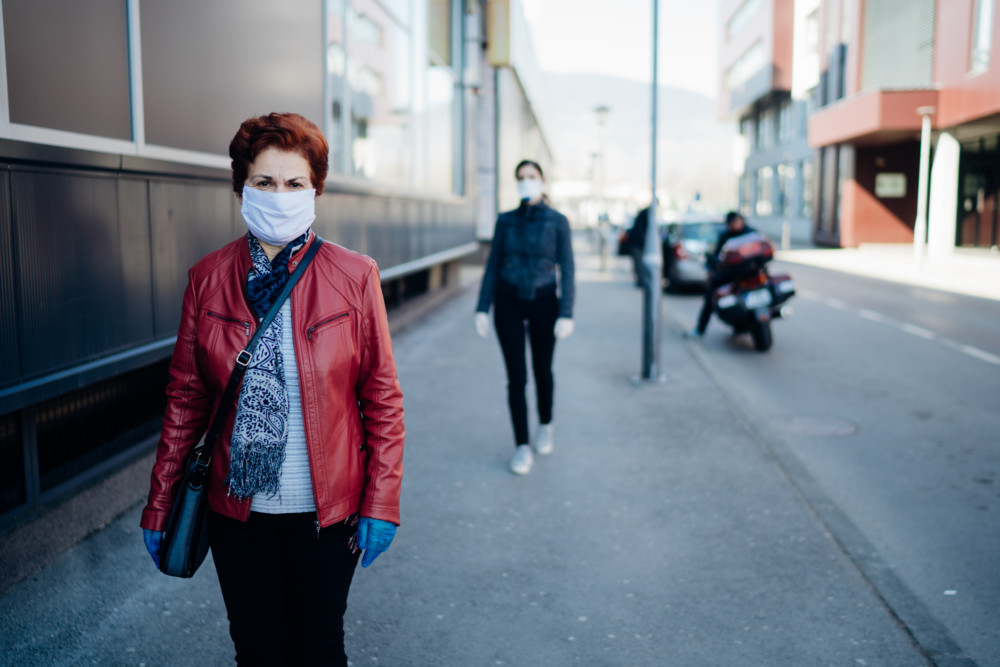By Lynnley Browning
Rate.com
WWR Article Summary (tl;dr) As Lynnley Browning reports, “In the first week of June, Covintern listed about 100 remote opportunities, both paid and unpaid, in software engineering, data science, marketing, finance, political campaigning and the nonprofit world.”
Rate.com
As the coronavirus pandemic spread, summer work internships, a seasonal rite of passage for millions of college students, looked iffy. Up to one in three stints was canceled, stoking student fears of diminished career prospects down the road.
With the economy partially re-opening, some summer-gig watchers now expect a fresh crop of internships to pop up in July and August.
We’ll dive into how college students who just completed their freshmen, sophomore or junior years can still acquire valuable job experience, paid or unpaid, and sharpen their skills for a new work normal that’s likely to outlast the pandemic.
Plug pulled on your coveted internship? Detail it on your LinkedIn profile as “canceled,” then email your connections to ask for leads. “Networking in this environment is very, very, very important,” says Shawn VanDerziel, executive director of the National Association of Colleges and Employers, or NACE. So is being flexible, perhaps by going for an internship that’s not directly related to your major or intended career. Having any internship on your resume from summer 2000 could be a mark of distinction; employers are likely to see lots of blanks there. The grit you show in running one down could count as much as the actual experience.
Scour career-services websites geared to college students. Jeffrey Moss, is chief executive of Parker Dewey, which specializes in “micro internships”, short, paid stints in sales, marketing, technology, HR, finance and other fields, offering five to 40 hours of work from employers big and small. Moss said the number of micro-internships has risen, even as traditional internships were canceled.
He expects more companies “to ramp things up over the summer. We may see a bit of a slowdown in June, but companies that canceled” in spring “are now saying, we still have work that needs to be done in July and August.”
Exceptions include hospitality and travel, industries hit hardest by COVID-19.
In the first week of June, Covintern listed about 100 remote opportunities, both paid and unpaid, in software engineering, data science, marketing, finance, political campaigning and the nonprofit world. Internships.com listed more than 1,100 remote internships, both paid and unpaid.
Reach out to your college’s career office. They are well aware of your predicament. And they have been reaching out to alumni to urge them to hire current students, as well as recent grads, this summer. You should also scour your university’s alumni database for contacts.
Don’t overlook the big job banks. At USAjobs.com, the federal government’s clearinghouse of jobs, the Pathways paid internship program for current students and recent graduates is still open (and can potentially lead to a permanent job in the civil service).
USAJobs also posts links to summer (and longer) internships for college students, including to the government’s Virtual Student Federal Service.
That program takes applications through July 31 for projects at more than 40 federal agencies, including the State Department, Centers for Disease Control and Prevention and the Environmental Protection Agency. Selected interns generally work remotely in research, analysis, graphic design, software development and social media, among other fields, for 10 hours a week starting in September.
In the first week of June, Vault showed nearly 1,100 internships across 21 industries, including information technology, finance and law. SimplyHired had 335 paid summer internships, some remote. Indeed.com had more than 3,400 remote and onsite options, including ones for benefits analysis in Orlando, Florida, for a major defense company, environmental design in Columbia, Maryland, and advertising in Los Angeles. Searching “summer” and “internship” and “United States” under the Jobs tab at LinkedIn during the first week of June turned up more than 1,500 results, both remote and in-person. Gigs included research at an investment management company in Boston, content writing in Chicago and real estate data analysis in New York.
Internship turned remote? More than one in four gigs, mainly those in technology and finance, has pivoted from in-person to remote, according to NACE. Get used to it, the future of work is fundamentally changing.
True, working in the basement of your parent’s house deprives you of the thrill of living elsewhere and commuting to your job. Moss advises, “You might have been counting on eight to 10 weeks of 40 hours a week, but you’re more likely now to wind up with 200 to 300 hours over four to six weeks.” But by getting comfortable and productive on the remote professional front, you’ll still hone those all-important “soft skills” of creativity, collaboration, persuasion, adaptability and emotional intelligence, according to LinkedIn.
___
Distributed by Tribune Content Agency, LLC.















































































































































































































































































































































































